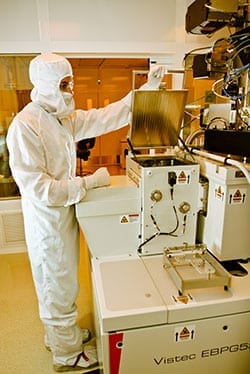Overly-viscous blood can damage blood vessels and lead to heart attacks.
Therefore, people who are at risk of heart attacks take medications such as Aspirin, in order to thin their blood. Such drugs can have unpleasant side effects, however, and can only be taken a certain number of times per day. Prof. Rongjia Tao, a physicist from Philadelphia’s Temple University, now thinks he might have come up with a better way of thinning human blood – he subjects it to magnetic fields.
Tao had previously researched the use of magnetism for decreasing the viscosity of oil in engines and pipelines. Because blood contains iron, it turns out that it, too, becomes more fluid when magnetized.
In lab tests, Tao and Temple collaborator Ke “Colin” Huang subjected human blood samples to a magnetic field of 1.3 Telsa (roughly equivalent to an MRI) for approximately one minute. This polarized the red blood cells, which caused them to link together into short chains. These chains, because they are larger than single cells, tend to flow down the middle of blood vessels, instead of creating friction by moving against the inner walls. All told, he was able to decrease the viscosity of the samples by 20 to 30 percent.









